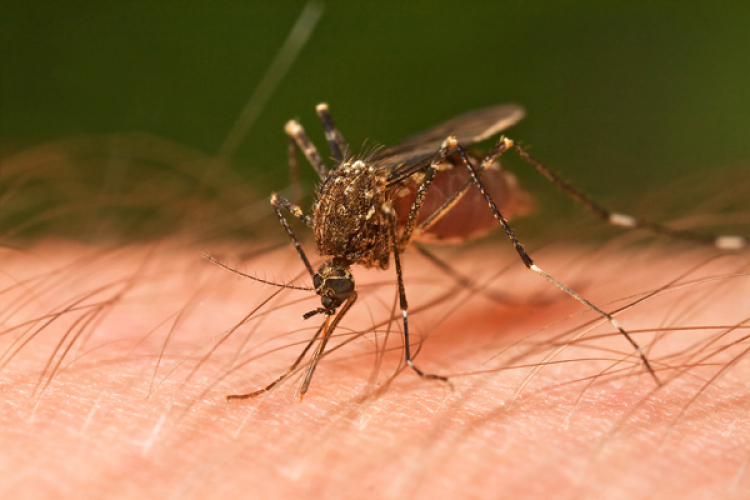The warm and wet weather favors the intense activity of mosquitos. The risks and concerns about malaria increase together with this. World Malaria Day is observed annually on April 25 to bring global attention to the efforts being made to bring an end to malaria, and encourage action to reduce suffering and death from the disease.
On this occasion, the National Food Safety Agency warns that the geographical location and weather conditions situated the Republic of Moldova among the countries that are at a higher risk of malaria parasite invasion. In 2018-2020, Moldova had one, three and, respectively two cases of malaria, all being imported, IPN reports.
Malaria is a serious and sometimes fatal disease caused by a parasite that commonly infects a certain type of mosquito which feeds on humans. People who get malaria are typically very sick with high fevers, shaking chills, and flu-like illness. There are four kinds of malaria parasites that infect humans.
Malaria exists in more than 100 countries worldwide, and some 900,000 people die from the disease each year. However, malaria is preventable with the use of medicines and other precautionary measures, such as insecticide-treated bed nets and indoor insecticide spraying.
According to the most recent world report on malaria that was published on November 30, 2020, in 2019 there were recorded 229 million cases of malaria, as opposed to 228 million cases in 2018.
World Malaria Day was instituted by the WHO member states at the World Health Assembly in 2007.
- Nicu Popescu resigns from his position as deputy to become European affairs envoy
- Doina Gherman: The European agenda will be the legislature’s priority in the coming months
- Today, the Munteanu Government is requesting a vote of confidence in Parliament
- The designated Prime Minister, in consultations with parliamentary factions
- Hundreds of Moldovans have been left without their Romanian identity cards due to fictitious residence


